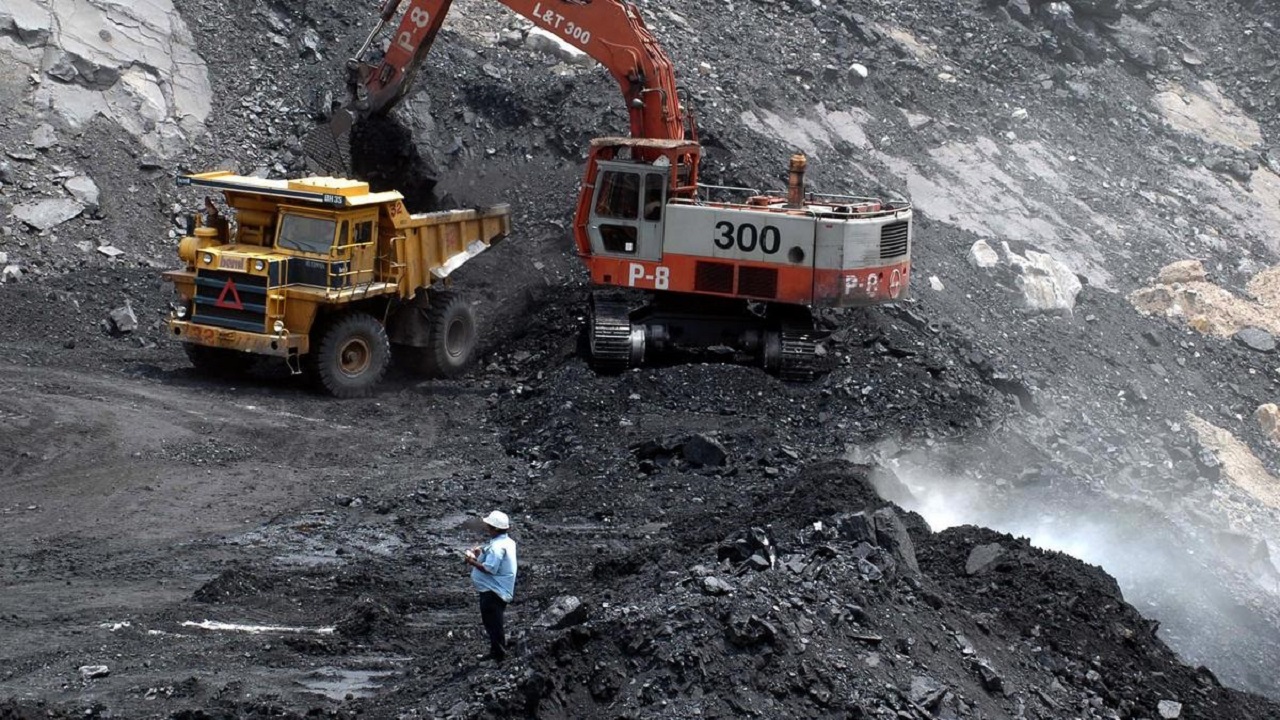Mines and Minerals Bill 2025 : Boosting India’s Mineral Security
Context
The Rajya Sabha recently passed the Mines and Minerals (Development and Regulation) Amendment Bill, 2025, even as Opposition members staged a walkout. The Bill seeks to bring major reforms in the mining sector, especially in the exploration and utilization of critical and strategic minerals that are vital for India’s economic growth and technological advancement.
Introduction
The Mines and Minerals (Development and Regulation) Act, 1957 forms the foundation of mining laws in India. The 2025 amendment aims to address challenges in mineral exploration, promote private participation, ensure efficient utilization of mineral resources, and reduce dependence on imports of essential minerals such as lithium, cobalt, nickel, and graphite, which are crucial for clean energy and industrial applications.
Key Provisions of the Bill
Inclusion of Additional Minerals in Existing Leases
-
Leaseholders may apply to the state government to include other minerals in an existing lease.
-
For inclusion of critical and strategic minerals, no additional financial obligation will be imposed.
Expansion of the National Mineral Exploration Trust (NMET)
-
The Act had created NMET to fund mineral exploration.
-
The Amendment widens its mandate to also fund mine and mineral development projects, boosting sectoral investment.
Reforms in Captive Mines
-
Earlier, captive mines were permitted to sell up to 50 percent of annual production after meeting end-use requirements.
-
The Bill removes this restriction, allowing leaseholders to sell minerals freely in the market, thereby enhancing market efficiency and mineral availability.
Extension of Mining Lease Area
-
A one-time extension of the area under a mining or composite lease is permitted.
-
This provision applies specifically to deep-seated minerals that occur at a depth of more than 200 metres, requiring advanced exploration technology.
Establishment of Mineral Exchanges
-
The Bill provides for the creation of an authority to register and regulate mineral exchanges.
-
A mineral exchange will function as a registered electronic trading platform for minerals and metals.
-
The central government will frame rules regarding:
-
Manner of registration
-
Levy of fees and charges
-
Prevention of insider trading and market manipulation
-
Grievance redressal mechanisms
-
Conclusion
The Mines and Minerals (Development and Regulation) Amendment Bill, 2025, represents a significant policy shift towards liberalization and modernization of India’s mining sector. By focusing on critical and strategic minerals, encouraging private participation, widening the role of NMET, and establishing regulated mineral exchanges, the Bill aims to strengthen mineral security, reduce import dependence, and align India’s mining framework with global standards.


.jpg)

Comments (0)